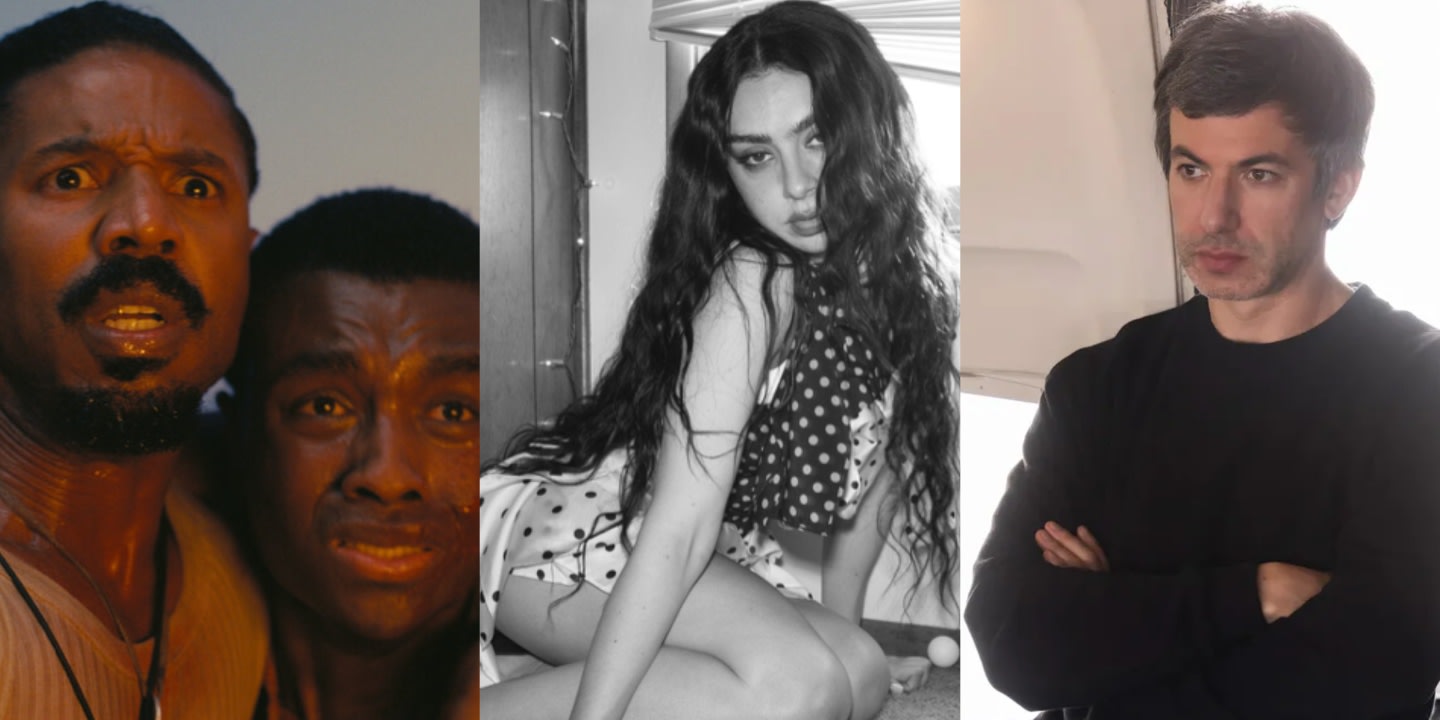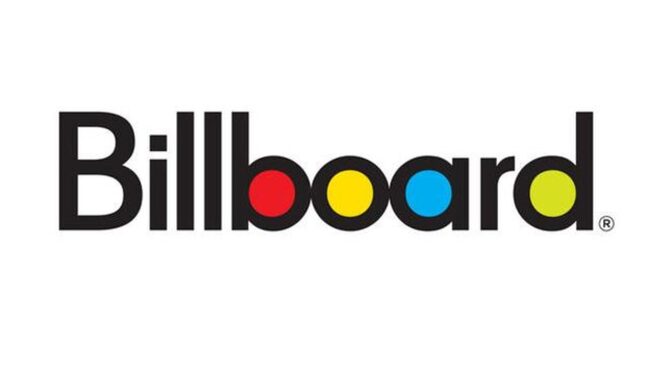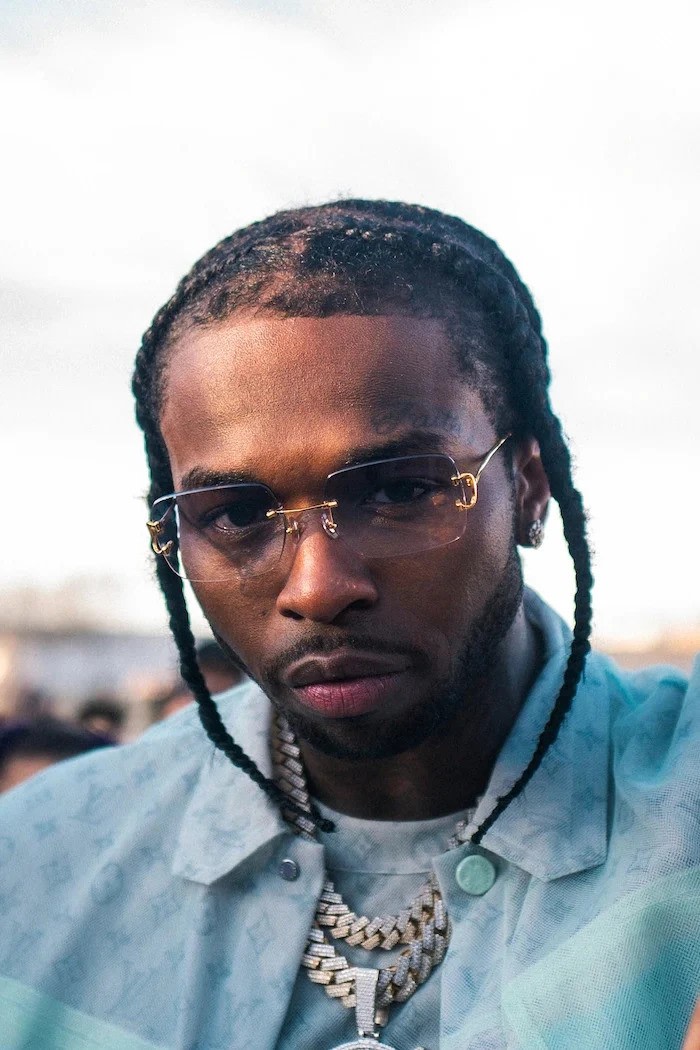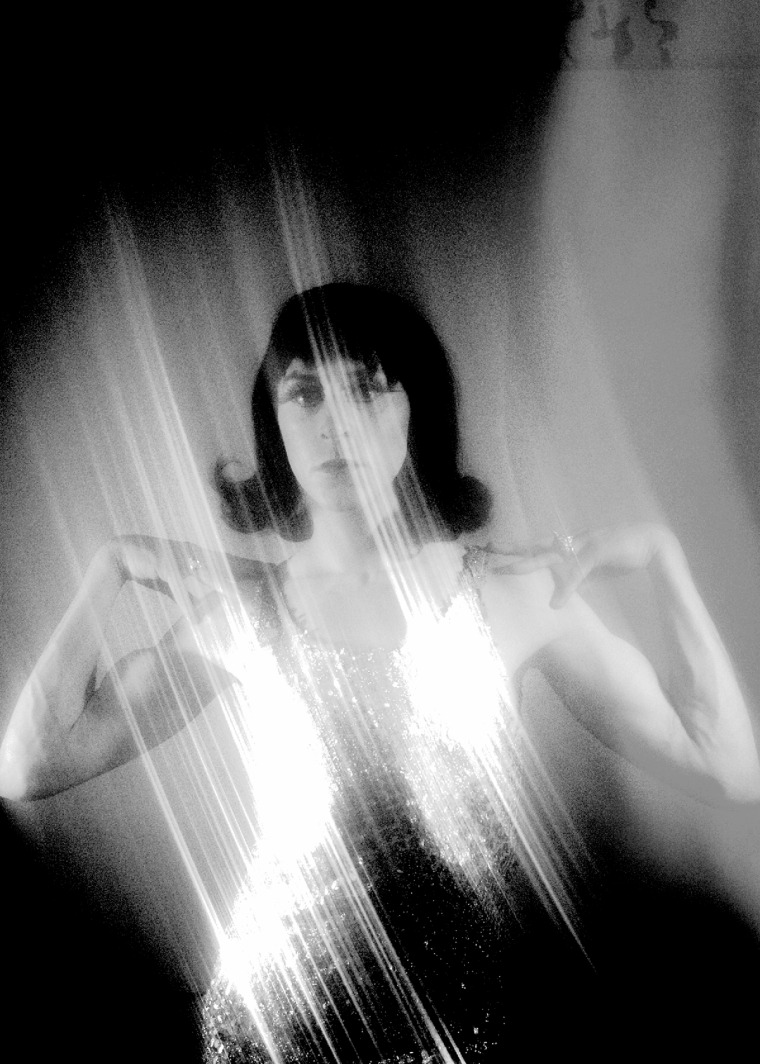(L) Still from Sinners. Courtesy Warner Bros. (M) Charli XCX. Photo by Stolen Besos. (R) Still from The Rehearsal. Courtesy HBO
With our feeds increasingly dictating culture’s ebbs and flows, it’s easy to feel like most of what we consume isn’t built to last beyond that initial hit of dopamine. And while the tide of crap is indeed high, there are some exciting movements and moments in music, movies, and TV for us to hold on to. Below, we’ve compiled some of the trends and stand-out events we heard in our headphones and watched on our screens this year that we hope inspire more great stuff in the months and years to come.
More auteur-driven horror
Unless you are a Marvel diehard or the creator of Minecraft, monitoring movie box office numbers can be a disheartening pursuit. Sequels, franchises, and IP continue to dominate the top end of things but this year Sinners showed Hollywood there is another way; strikingly entertaining original stories with richly drawn characters and well crafted set pieces. Seems obvious, right? It might sound silly to call a big budget movie from the director of Black Panther an underdog but studios aren’t lining up to make movies like Sinners. The Ryan Coogler-directed vampire movie mixed bloody kills and flesh-ripping demons with ruminations on colonialism and the blues to create something both instantly thrilling and perfect to pick over in post-screening discussions. Hopefully its success paves the way for a wave of similarly distinctive filmmaking on the big screen. — David Renshaw
Stripped-down concerts and anti-pop spectacle visuals
It might feel cliché to describe Charli xcx’s brat arena shows as a “party,” but they really were. For a pop concert, Charli’s brat shows were very minimal: She had no backing dancers and the only visuals were of her performing in real time. When I saw her at Brooklyn’s Barclays Center earlier this year as she closed out her U.S. tour, there were also no special guests or cameos. The sonics of brat are made for an abandoned warehouse rave, played at a deafening volume surrounded by all the people you love, and it’s that energy that she brought at the arena shows. Watching everyone around me engage in a nonstop dance party for the whole two hours, I appreciated that she treated the show like a DJ set instead of a spectacle. Leaving the show, I heard a young teenager tell her friend, “That was so amazing. I’m so glad I got to share it with you.” It felt like a touching (brat-green) grass moment. — Cady Siregar
TV like The Rehearsal, S2E3
Part mockumentary and part prank show, Nathan Fielder’s The Rehearsal can be a moving reckoning with our inability to leave the future unknown or feel comfortable in our skin. The program can also be transcendentally stupid; when it’s both, the show enters iconic territory. In the third episode of The Rehearsal’s second season, Nathan Fielder lives the life of Chesley “Sully” Sullenberger. That’s from birth, where baby SullyNathan is breastfed by a giant puppet, to a pivotal moment in Sullenberger’s autobiography when Sully recognizes the sensual potential of flight (Fielder recreates this by masturbating in a replica cockpit), to right up until the moment he successfully landed a commercial jet in the Hudson River, saving 155 lives. The absurdity of these scenes caught viewers (myself included) off guard, but that was the point: Fielder took a risk and made an absurdly ambitious piece of television. These shakeups are exactly the kind we need to break through the sameness of prestige TV, which continues to produce diminishing returns as shows recycle tropes from their more successful predecessors. Hopefully Fielder’s bravery should inspire other showrunners to generate stronger visions and to execute them with appropriate boldness. — Raphael Helfand
New (literally) voices in rap
Some of my most-played rap songs of the year are by rappers who don’t sound like anyone else. There’s EsDeeKid, the shiesty-wearing miscreant from Liverpool whose thick scouse accent sends his C’s and K’s from a gravelly region in the back of his throat. The United Kingdom’s class-dominated society deemed his voice inferior, but EsDeeKid doesn’t care: “People hate the way I talk, but I do it proudly” he raps defiantly on the shadowy “Warming Up.” There are also more referential songs made fresh by the vocal performances: MexikoDro’s viral hit “No Date” is a tribute to the halcyon days of Atlanta trap, but Dro raps with a quiet strength that conceals a keen focus — even if “Be yourself” is a trite sentiment, “I ain’t doin’ all that punk ass shit tryna go viral” still feels like a rallying cry from Dro’s lips. Playboi Carti’s MUSIC was only worth the wait in fits and starts, with “Like Weezy” being one of the (admittedly bloated) album’s standout moments. Like “No Date,” “Like Weezy” taps Atlanta’s musical past, opting for an interpolation of Rich Kidz’ glossy local hit “Bend Over.” Carti’s much-studied voice on this track veers into cartoon villain mode as he promises to “spit on a bitch like Pac,” twisting the words into balloon animals. It peaks during Swamp Izzo’s brief appearance, when Carti shouts his DJ’s name like he’s summoning a Pokémon. The voices on these songs easily separate them from the pack; if more rappers would avoid the same presets, programming, and flows that everyone else is using for their bars, the genre would be a much more interesting place. — Jordan Darville
Bold sample selection
What do “WHIM WHAMMIE” by PLUTO, “Da Problem Solva” by Thirteendegrees and “JUST DO IT” by Paxslim have in common? All 3 songs are built around unexpected samples — “Wham Bam” by OJ Da Juiceman, “Dirty Cash (Money Talks)” by PAWSA and Adventures of Stevie V, and “Le Beirut” by Fairuz, respectively. Following the deluge of cheat-code samples unleashed over the past half-decade by private equity acquisitions of various artists’ catalogue rights, 2025 has found artists and producers straying further afield in pursuit of wonkier catharsis. Of course, as the baseline gets weirder, the pioneers simply go harder: skaiwater’s pinkprint series and the music of Connecticut-born producer ivvys (alongside maajins and sxprano in collective #stepteam) twist familiar tunes until they warp and corrode in their hands, half-dissolved in acid or pockmarked at strange intervals. — Vivian Medithi
Artists setting firm boundaries with their fans
In April, one of the U.K. most beloved figures and former boybander Robbie Williams wrote a long ass note dedicated to his fans that more or less said: “Respect my boundaries.” It was in response to a recent flight he’d been on, where multiple people approached him to ask for photos while he was traveling with his family. “There’s a kind of unspoken law: as a celebrity, you should be accessible 24/7,” he wrote. “Make sure their wishes are met, whatever they are. Otherwise you’re a cunt.”
This is less a “I’m a celebrity, woe is me,” defense and more a, yeah, it is getting weird and embarrassing with how entitled people have become around celebrities in general. Celebrities are annoying but the pervasive entitlement that dictates so much of our culture is even worse. So, I get a secret thrill when a famous person finally gets agitated enough to push back, Chappell Roan-style. Part of it might be a symptom of working in media that’s led me to becoming hyper-aware of just how many news cycles stem from fan-related headlines alone (speculation about this, rumors about that). If it takes an artist to set more firm boundaries to quiet the noise, imagine how much more peaceful things could be every time we log on. —Steffanee Wang




